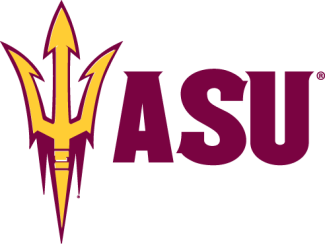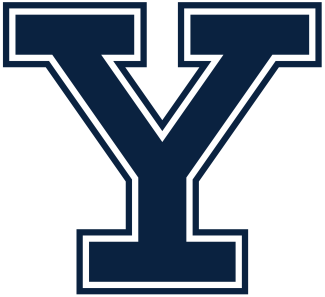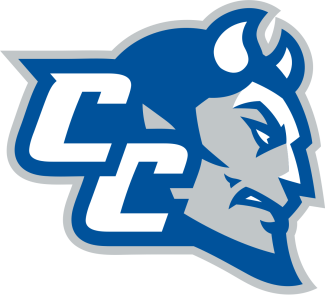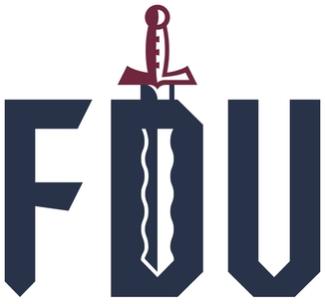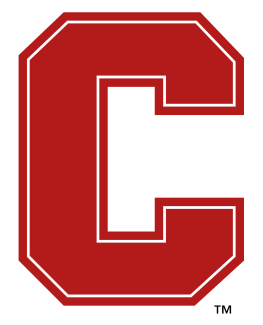The most immediate effect comes for prospective student-athletes in the classes of 2019, 2020 and 2021. Some, like Michael Swirbalus, are already verbally committed. The St. Sebastian’s (Mass.) sophomore midfielder changed his commitment from Cornell to Duke in October, but hasn’t spoken to Duke since the winter and now can’t talk to any member of the Blue Devils’ coaching staff until Sept. 1.
“I guess it’s kind of weird, but it’s much easier for me than a lot of kids,” Swirbalus said. “It is a very helpful rule. It’ll help the late bloomers. I’m not opposed to it.”
Others aren’t as excited about the new rule. Katherine Pasquale is another sophomore, but the Academy of Notre Dame (Pa.) attacker, hasn’t committed to a college yet and isn’t too happy about having to wait.
“I was kind of shocked when it was passed, and annoyed,” she said. “A lot of people have gotten their chances and there are a few of us who maybe wanted to commit in the summer and are not able to now.
“Now I feel like I have nowhere to go,” Pasquale added. “I feel like if you can’t talk to the coaches, then you’re in a state of, you don’t know what to do. I feel stuck.”
Alea Tooley is concerned what it will mean for her younger teammates from her Team 180 club in Colorado. Tooley is a sophomore who committed to Denver last year. She always wanted to stay in Colorado for college and familiarized herself with the Denver program through contact at camps and on campus. She is worried that the window for others will be narrower.
“With the younger girls, they’re not going to understand the coaches and the culture until their junior year,” Tooley said. “I feel like with their commitments, it’s not going to be based on the culture of the school and the coaches and what they want. It’s just going to be on, ‘I want to play in college.’
“For me, committing to DU was based on the coaches and me talking to them at camps and getting to know them at camps and what they’re like and how they coached. I feel like the younger generation is going to lose a lot of important things when committing to a college.”
Club and high school coaches are trying to assure players and parents that everything will work out. Jenny Duckenfield coaches with Pasquale’s club, Ultimate Lacrosse, and is head coach of Agnes Irwin.
“College coaches are sending email blasts out saying that, ‘The kids we were watching, we’ll continue to watch you and go through the process the right way,’” Duckenfield said. “There will still be communication through the coaches and still through the club coaches.
“The process is going to slow down, but it’s not going to be immediate, because I think you’re going to have coaches that want to get their kids and line them up to keep them.”
That worries parents from Katy O’Mara’s team. The director of the Carolina Fever club has players who were lined up to visit schools in the next week.
“Some of them are stressed out now because they haven’t had a chance to get up to campus and have that in-person meeting,” O’Mara said. “I’ve had parents ask me, ‘Are we at a disadvantage because we put off that visit because we were focusing on our scholastic season?’ And a lot of kids who are in that Philadelphia or Baltimore area were able to have that visit one afternoon on a Saturday because it’s a lot easier for them to get there.”
O’Mara also worries about the uncommitted players from the classes of 2019 and 2020 getting caught in a pinch by the new rule, but sees it helping her club further down the road if it gives more opportunities for players in less established lacrosse areas.
“I have kids coming into their own as Division I players and the process absolutely passed them by,” O’Mara said. “This legislation is going to really help the growth of the sport, particularly in those markets where it’s really starting to take hold.”
There is concern that players may forego fall sports to take college visits as they try to race to fill schools’ spots after Sept. 1.
“I don’t know one coach who wants a kid to miss a game to come take a visit,” Kimel said. “You want kids committed to their sport and their teammates in the fall. Visits may end up going September through December. People are just going to have to get used to the new normal.”
Players are relying on their high school and club coaches now to stay in touch with colleges. Spilman is happy he’s on a well-connected Crabs team.
“I know that high school coaches and club coaches are more important than ever to get kids on college coaches’ radar maybe to get them to come see them play,” he said.
